Inspirational journeys
Follow the stories of academics and their research expeditions
Bakit Kailangan Mo ng Bagong Skills Para sa Career Mo? A heart-to-heart conversation about the changing job market and why certification programs might be your best career move right now.
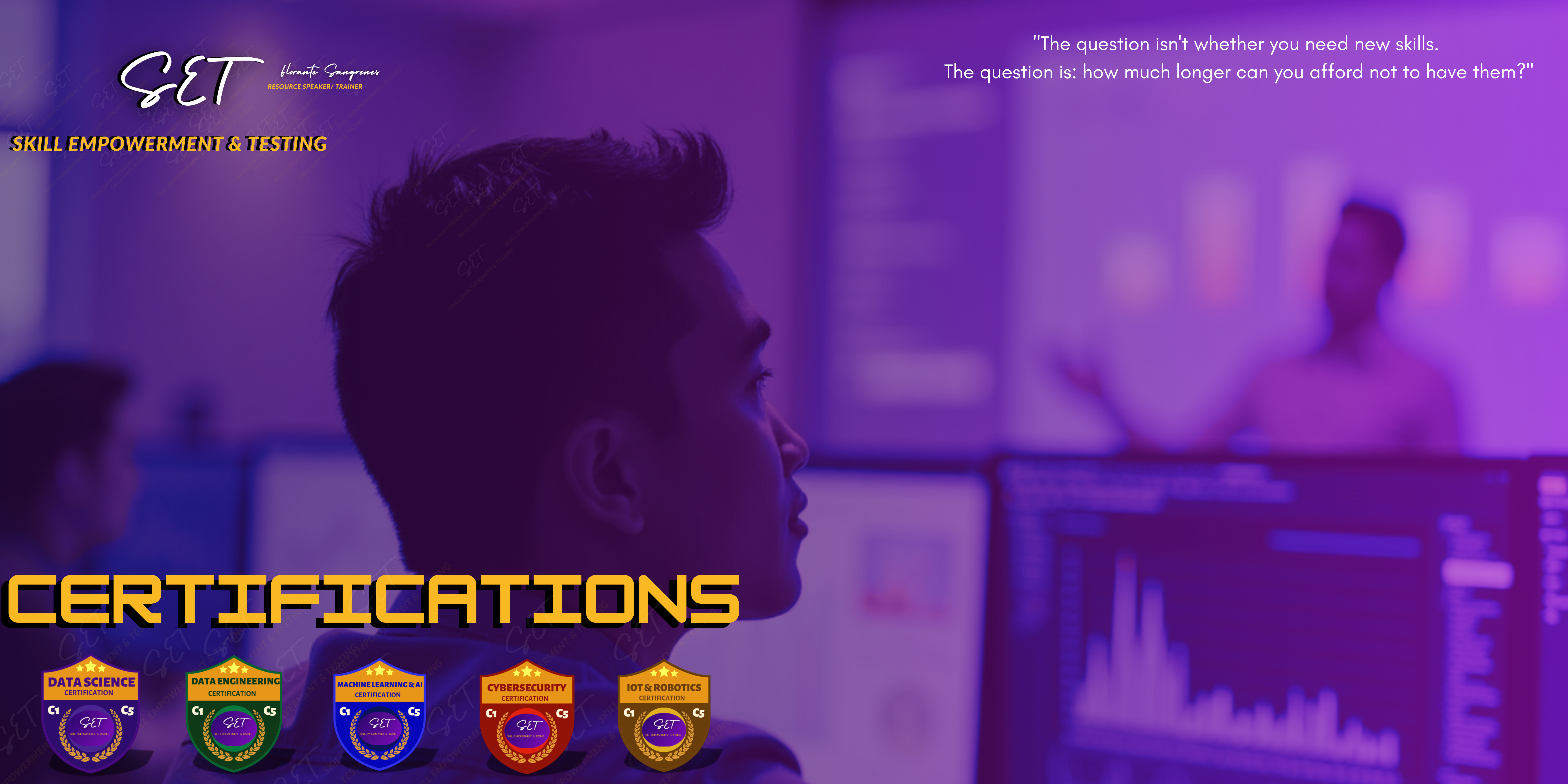
Let's Be Real About Your Career
I'm sure you've been there—scrolling through social media, seeing former classmates posting about their promotions or new jobs, while you're still in the same position you started years ago. Or maybe you're fresh out of college, sending out hundreds of resumes and wondering why no one's calling back despite your good grades.
Here's the thing: it's not your fault. The game has changed, but nobody told us the new rules.
The traditional path our parents followed—study hard, get a degree, find a stable job, work your way up—doesn't work the same way anymore. And if you're feeling stuck or frustrated with your career progress, you're definitely not alone.
But here's some good news: there's a new path opening up, and it's creating incredible opportunities for Filipinos who are willing to learn new skills.
What's Really Happening in the Job Market
Let me share what I've been seeing in the Philippine job market, and maybe you've noticed this too.
Fresh graduates with impressive degrees are struggling to find jobs that match their expectations. Meanwhile, professionals with specific technical skills—even those without traditional four-year degrees—are landing high-paying roles, getting promoted faster, and even working remotely for international companies.
What's the difference? It comes down to having skills that companies actually need right now, not just credentials that look good on paper.
Think about it: when was the last time your college curriculum was updated? Most universities take years to change their programs, but technology and business needs evolve every few months. So by the time you graduate, some of what you learned might already be outdated.
On the other hand, professionals who focus on developing current, in-demand skills through intensive certification programs are finding themselves with multiple job offers and the power to negotiate better salaries and working conditions.
The Filipino Advantage You Might Not Realize
Here's something exciting that many Filipinos don't fully appreciate: we actually have some huge advantages in today's global economy.
We're one of the largest English-speaking populations in the world. We're culturally adaptable and work well with international teams. We have a strong work ethic that global companies love. And with remote work becoming the norm, geography is no longer a barrier.
What does this mean for you? It means that with the right skills, you can compete for jobs globally while staying here in the Philippines. Imagine earning a salary equivalent to what professionals make in the US or Europe, but with Philippine cost of living. That's not just a dream anymore—it's happening for skilled professionals right now.
But here's the catch: you need to have the skills that these international companies are looking for. And unfortunately, our traditional education system isn't always preparing us for these opportunities.
Why Employers Are Changing How They Hire
I've talked to hiring managers from BPO companies, tech startups, and multinational corporations here in the Philippines, and they're all saying the same thing: they care more about what you can do than where you studied.
One hiring manager told me, "When I see specific certifications on a resume—like AWS, Google Cloud, or data science credentials—I know this person can contribute from day one. When I see just a degree, I know I'll probably need to train them for months before they become productive."
Another said, "Our best performers are those who continuously update their skills. They adapt faster to new technologies, solve problems more creatively, and often become our team leaders."
The reason is simple: companies need people who can solve their current problems with current tools. They don't have time to retrain graduates in outdated knowledge. They want professionals who already speak the language of modern business and technology.
The AI Revolution: Why This Changes Everything
You've probably heard people worrying that AI will take our jobs. But here's what's actually happening: AI is creating new types of jobs that didn't exist before, and many of these are perfect for skilled Filipino professionals.
Yes, AI might replace some routine tasks, but it's also creating demand for people who can work with AI systems, implement AI solutions, and handle the complex problem-solving that machines can't do.
The key is positioning yourself as someone who works with AI, not someone who competes against it. And this requires specific skills that you can develop much faster through focused training than through traditional education.
What Makes Certification Programs Different
Unlike traditional college programs that try to cover everything broadly, certification programs focus intensively on specific, current skills that employers need right now.
Instead of spending four years learning theory, you spend several months diving deep into practical application. Instead of outdated textbooks, you work with the actual tools and platforms that companies use today. Instead of academic projects, you build real solutions to real business problems.
The learning is hands-on, project-based, and directly applicable to your career. You're not just memorizing information—you're developing competencies that you can immediately use to create value for employers.
The SET Center Approach: Skills That Actually Matter
SET Center was designed specifically with these realities in mind. We're not trying to replace traditional education—we're offering a focused path for professionals who want to develop high-demand skills quickly and effectively.
Our programs are built around five key technology areas where demand is exploding: Data & AI Engineering, Machine Learning & AI Systems, IoT and Robotics, Cloud and DevOps Infrastructure, and Cybersecurity. These aren't random choices—they're based on where we see the highest demand and best career opportunities for Filipino professionals.
What makes our approach different is that everything is project-based and practical. You don't just learn about data science—you build actual data analysis solutions. You don't just study cloud computing—you deploy real applications to cloud platforms. You graduate with a portfolio of work that demonstrates your capabilities to potential employers.
We also understand the Philippine context. Our programs prepare you for both local and international opportunities. We know what it takes to succeed as a Filipino professional in the global market, and we build that knowledge into everything we do.
The Investment Perspective
I know what you're thinking: "This sounds great, but what's it going to cost me?"
Let me ask you this instead: what's it costing you NOT to develop these skills?
Every month you stay in a role that doesn't utilize your full potential, every opportunity you miss because you don't have the right skills, every time you watch others advance while you stay in the same position—there's a cost to that too.
Think of skill development as an investment in yourself. Yes, there's an upfront cost in time and money. But consider the return: higher salary, better working conditions, more job security, and access to opportunities you never thought possible.
Traditional college education often takes four years and leaves you with massive debt and outdated knowledge. Intensive certification can transform your career in months and give you immediately applicable skills.
The math isn't even close when you look at it from an investment perspective.
The Urgency of Right Now
Here's why timing matters: we're in the middle of a massive shift in how companies hire and how work gets done. Remote work, AI adoption, digital transformation—all of these trends are creating new opportunities for skilled professionals.
But these opportunities won't wait for you to get ready. The companies that are hiring for these roles need people now. The professionals who develop these skills first will have the best access to the highest-paying positions and most interesting projects.
Every month you wait is a month where someone else is building the skills and experience that could have been yours. It's a month where you're missing out on the salary increase and career advancement that comes with being genuinely valuable to employers.
I'm not trying to pressure you, but I am being honest about the reality of the market. The shift is happening whether we participate or not. The question is: do you want to be ahead of it or behind it?
Your Path Forward
If what I'm sharing resonates with you, here's what I'd suggest:
First, really think about where you want your career to be in the next few years. Are you satisfied with your current trajectory, or do you want something different? Be honest with yourself about whether your current skills are going to get you where you want to go.
Second, research the opportunities in the fields that interest you. Look at job postings, salary ranges, and required skills. See what's in demand and what kind of lifestyle these careers can provide.
Third, if you decide that developing new skills makes sense for your situation, don't wait for the perfect moment. The perfect moment doesn't exist. There will always be reasons to postpone investing in yourself. But the cost of waiting usually exceeds the cost of getting started.
Finally, choose a program that aligns with your goals and learning style. Look for practical, hands-on training that prepares you for real opportunities. Make sure the curriculum is current and that you'll graduate with demonstrable skills, not just certificates.
The Choice Is Yours
I can't make this decision for you, and I won't pretend that developing new skills is easy or guaranteed. It requires commitment, effort, and stepping outside your comfort zone.
But I can tell you that the professionals who are thriving in today's economy—the ones with interesting work, good salaries, and career security—are those who took control of their skill development instead of hoping their careers would somehow improve on their own.
The opportunities are there. The demand for skilled professionals is real. The ability to work remotely for global companies is changing lives for Filipinos who have the right capabilities.
The question is: are you ready to do what it takes to access those opportunities?
Your career is one of the biggest factors in your quality of life, your financial security, and your ability to provide for your family. It deserves a strategic approach, not just hope and luck.
Whatever you decide, make it a deliberate choice based on where you want your life to go, not just what feels comfortable right now.
The future belongs to people who can adapt, learn, and create value in a changing world. That could be you, if you choose to make it so.
If you're interested in learning more about practical skill development and certification programs, SET Center offers information sessions where you can learn about different career tracks and see if this approach might be right for your situation. The investment in learning about your options costs nothing, but the cost of not exploring them could be significant.
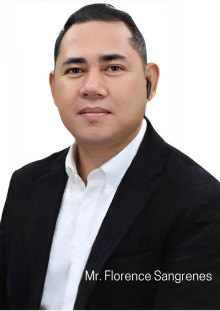
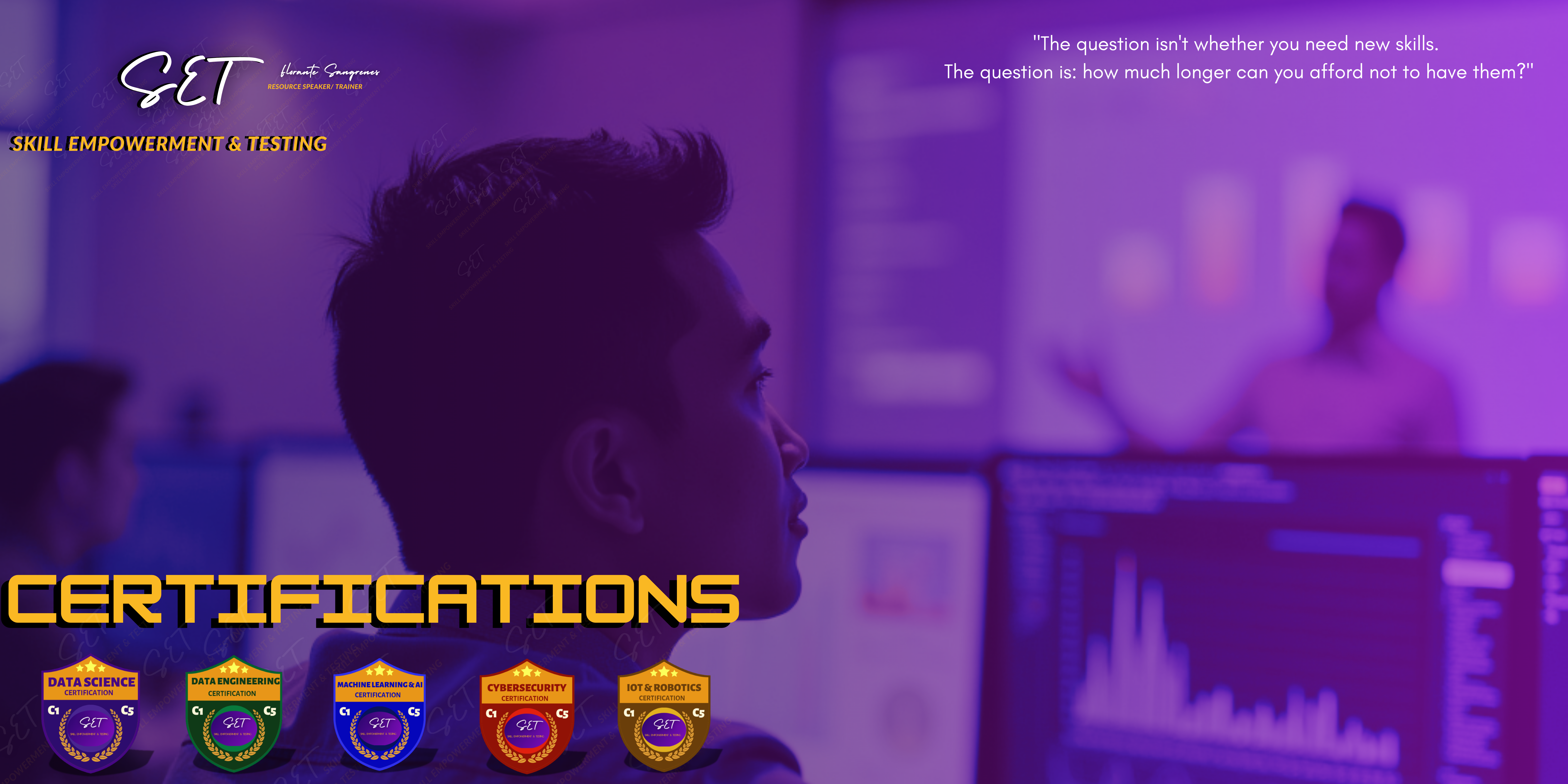
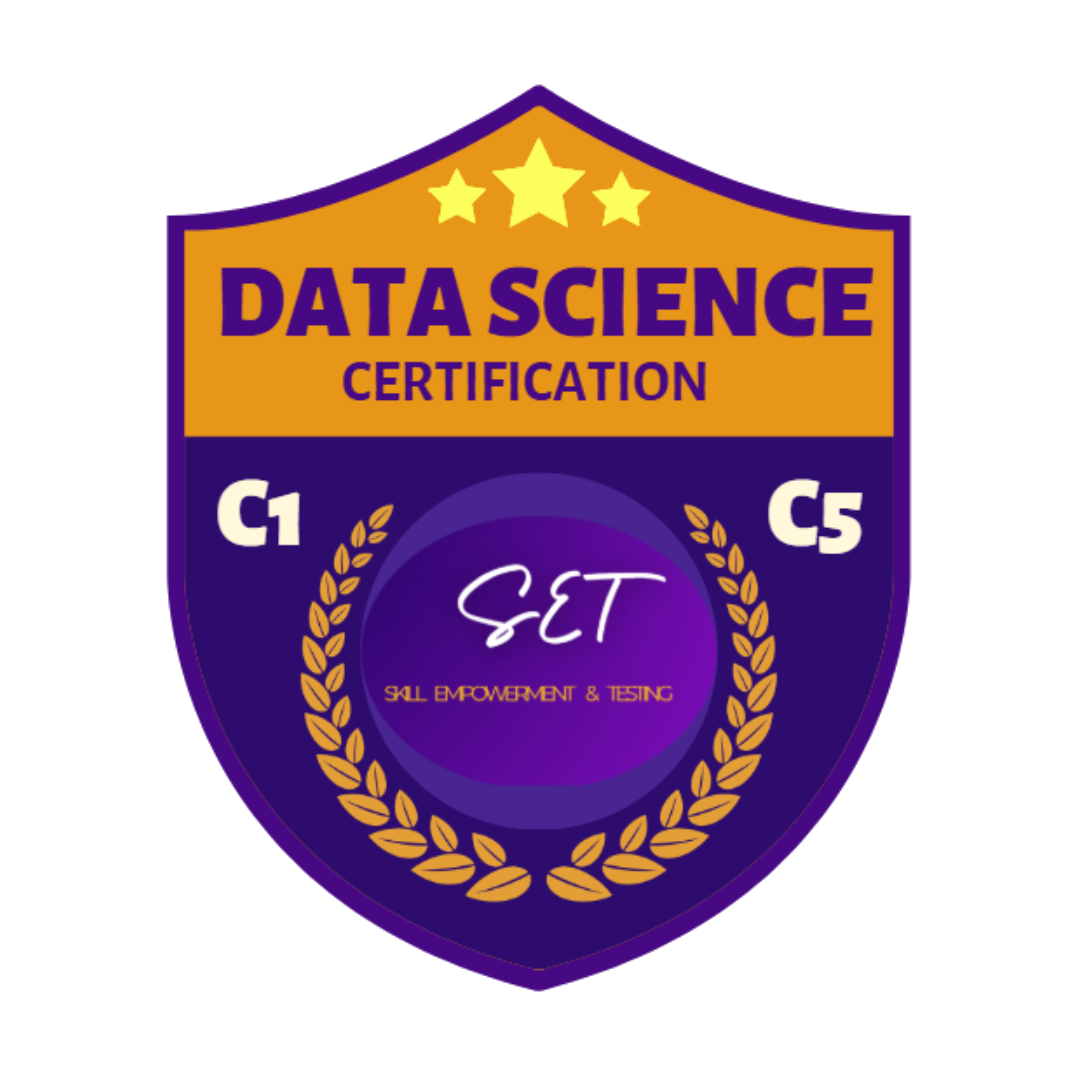
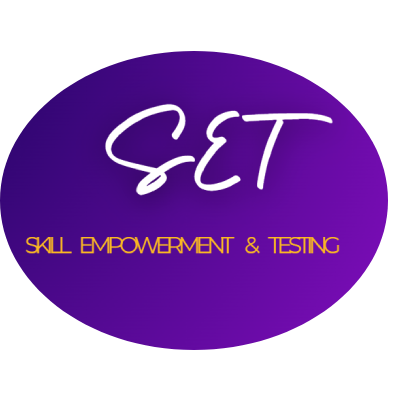
Leave a comment